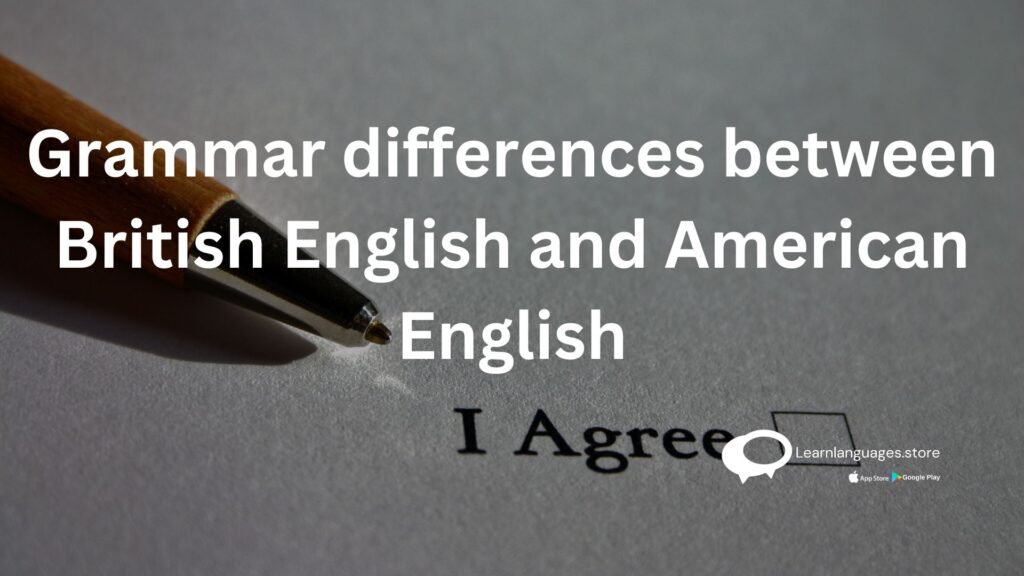9 most important differences between British English and American English
9 most important differences between British English and American English
The differences between American and British English are commonly a topic of discussion among students. Everything depends on how you view it; every language variety and dialect can seem weird. Even native English speakers struggle to understand other English dialects, especially slang, and you should be aware of certain general distinctions between the two accents.
American accents differ greatly from one another, while different British accents differ even more. If you’re learning English, you should be aware of the key distinctions between the dialects.
Features of British English

1. Difference of ‘r’ at the end of the word
This is one of the first distinctions that people make between different dialects of English. In American English, the letter “r” at the end of a word is usually pronounced. It is not pronounced in most dialects of British English.
Words like “computer,” “clever,” and “brother” are examples. Most dialects will pronounce r’s at the beginning of a word, such as “red” or my name, “Ryan.”
2. Difference of ‘r’ in the middle of the word
In British English, the ‘r’ in the middle of a word is typically softer and more difficult to hear. They are a little clearer in American English. “Large,” “work,” “park,” and “turn” are a few examples.
It’s worth noting that the “r” sound in the middle of some words is always pronounced, regardless of dialect! This is true of words like “barrier” and “parent.”
3. Letter “t” as a double consonant
Another feature of American English is the tendency to make different sounds, usually with the letter “t” or two t’s, sound more like a “d.” This is less common in British English, where the t’s are usually more clearly pronounced.
In American English, “bitter” sounds almost identical to “bidder,” a completely different word. Listen to the differences between “litter,” “better,” and “butter” for more examples.
4. Letter “a” in general
Many vowels sound different, but the most noticeable difference is with the letter “a” in some words. There is a phonetic sound [ae] that combines an “a” and an “e” into one letter. This is a common sound in American English but not in British English.
As a result, words such as “dance,” “after,” and “mathematics” sound very different in British and American English. It’s difficult to describe the difference, so you should listen to them to hear for yourself.
Grammar differences between British English and American English

There aren’t many grammatical differences between British and American English. In fact, if English isn’t your first language, you might not even notice the differences. Instead, you will probably notice more differences in pronunciation and vocabulary. Still, there are some distinctions that you need to keep in mind.
Have — have got — got
In general, British English uses the verb phrase “have got,” whereas American English simply uses “have.”
For example:
– I have got a house (British English).
– I have a house (American English).
This makes the question formats differ, as well.
For example:
– Have you got a house? (British English)
– Do you have a house? (American English)
In addition, there is a strong tendency in American English to use “I got” to mean “I have.” In general, this is not considered proper grammar. This is most likely due to hastily saying “I’ve got,” and not clearly pronouncing the “‘ve” part. As a result, it becomes “I got,” as in “I got a house.”
For an American English speaker, this could mean that I currently own a house or that I previously owned (purchased) a house. See you need to know these differences if you want to develop an American English accent or you will end up confusing the two making your pronunciation full of errors.
Conclusion
You now know the significant distinctions between British and American English. The next time you see an English composition, pay closer attention to identify these changes. In actuality, it is these distinctions that truly make various English accents and dialects beautiful. learn with learnlanguage.store

Learn Languages Store
Vashi,
Email: services@learnlanguages.store










